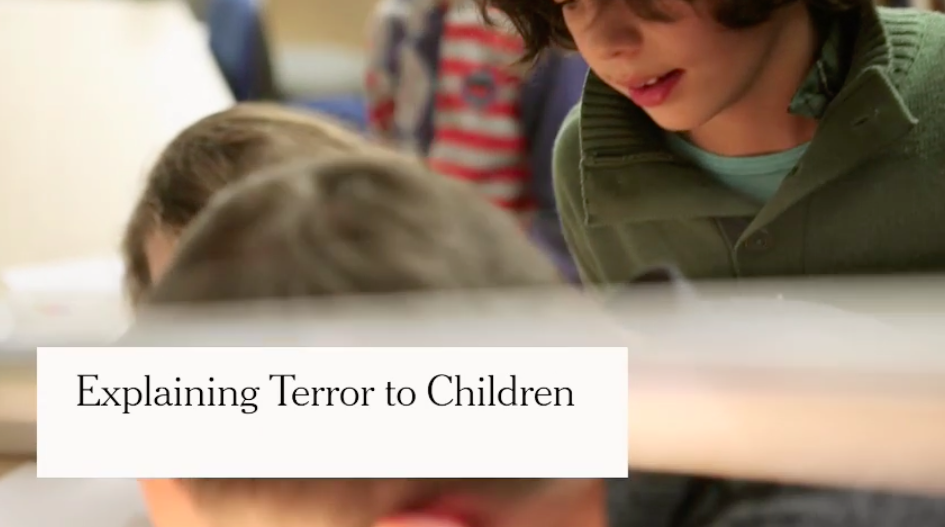Teens confide in certain adults more than parents about mental health
By Gianna Melillo, Reprinted from Changing America, The Hill
New data suggests teens reach out to educators more than their parents about mental health concerns, while experts stress both adults can play complementary roles in supporting young people’s mental health.
Most educators, 78 percent, have been approached by a child about a mental or emotional concern, according to a CVS Health/Morning Consult survey published Thursday. That’s compared to 58 percent of parents who report the same, underscoring how a network of adults can help young people navigate their mental health.
More than three-quarters of educators say they are concerned about adolescents’ mental health, compared to 43 percent of parents who say the same. Nearly half of parents surveyed say they had initiated a mental health conversation with their child, while 22 percent of educators report ever doing so.
The poll was conducted online in August 2022 among 500 parents and 340 educators of teens between the ages 13 and 17.
The results come as children and adolescents face increasing mental health concerns, exacerbated by the COVID-19 pandemic. Around 1.5 million more kids experienced depression or anxiety in 2021, prompting U.S. Surgeon General Vivek Murthy to issue an advisory in December.
“Mental health challenges in children, adolescents, and young adults are real and widespread,” Murthy said, adding that “the future wellbeing of our country depends on how we support and invest in the next generation.”
When asked about top stressors teens face today, educators overwhelmingly cited family dynamics and relationships, self-esteem, bullying and social dynamics, along with social media usage. In comparison, parents were more likely to cite academic pressure, self-esteem and pandemic-related stress as top negative mental health influences.
More than 70 percent of educators also say issues relating to gender, race and sexuality were factors relating to teens’ negative mental health compared with just one-quarter of parents. Both cohorts agreed the most beneficial resource to bolster teen mental health is more affordable mental health care.
This is a priority for President Biden, who in July announced a nearly $300 million allotment to expand access to mental health care in schools.
Despite increasing popularity for mental health days, where children do not attend school to focus on their well-being, only 12 states allow the practice. At the same time, barriers like social stigma and economic challenges may prevent more schools from taking up the practice.
As children turn to adults in many aspects of their lives for mental health support, both parents and educators say they feel equipped to help. An equal percentage of parents and educators report they would know where to find support for a young person, according to the survey. Both also say they would speak directly to the child, to one another or seek help from a professional.
“Young people continue to face a mental health crisis, but they are not facing it alone,” said CVS Health President and Chief Executive Officer Karen S. Lynch in a press release. “Mental health can, and should, become a part of everyday conversation in the classroom, during lunch hour and at the dinner table.”
To access the resource, please click here.









